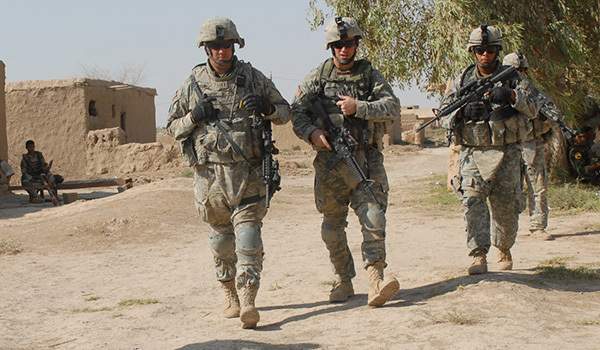I worked on the US drone program; The public should know what really goes on, by Heather Linebaugh
Adam Rifkin stashed this in Drones!
Stashed in: Weapons!, war, America!, Hacker News!
Heather Linebaugh explains:
Whenever I read comments by politicians defending the Unmanned Aerial Vehicle Predator and Reaper program – aka drones – I wish I could ask them some questions. I'd start with: "How many women and children have you seen incinerated by a Hellfire missile?" And: "How many men have you seen crawl across a field, trying to make it to the nearest compound for help while bleeding out from severed legs?" Or even more pointedly: "How many soldiers have you seen die on the side of a road in Afghanistan because our ever-so-accurate UAVs [unmanned aerial vehicle] were unable to detect an IED [improvised explosive device] that awaited their convoy?"
Few of these politicians who so brazenly proclaim the benefits of drones have a real clue of what actually goes on. I, on the other hand, have seen these awful sights first hand.
I knew the names of some of the young soldiers I saw bleed to death on the side of a road. I watched dozens of military-aged males die in Afghanistan, in empty fields, along riversides, and some right outside the compound where their family was waiting for them to return home from mosque.
The US and British militaries insistthat this is such an expert program, but it's curious that they feel the need to deliver faulty information, few or no statistics about civilian deaths and twisted technology reports on the capabilities of our UAVs. These specific incidents are not isolated, and the civilian casualty rate has not changed, despite what our defense representatives might like to tell us.
What the public needs to understand is that the video provided by a drone is a far cry from clear enough to detect someone carrying a weapon, even on a crystal-clear day with limited clouds and perfect light. This makes it incredibly difficult for the best analysts to identify if someone has weapons for sure. One example comes to mind: "The feed is so pixelated, what if it's a shovel, and not a weapon?" I felt this confusion constantly, as did my fellow UAV analysts. We always wonder if we killed the right people, if we endangered the wrong people, if we destroyed an innocent civilian's life all because of a bad image or angle.
That was the whole wikileaks example. A group of 20 men, some of them armed, on the opposite side of US lines escorted a reporter with a telephoto lens to the front lines. They mistook his camera for a missile launcher when he pointed it around a corner at a US tank. I don't buy the argument that drone strikes cause widespread recruitment for the enemy. If anything, they are an effective deterrent.
Either way, her confusion, wonder, and fear all seem justified.
Yes. I think she's just trying to get a dialogue going about the implications of the U.S. Drone program.
About which very little is actually known, to this day.











6:27 PM Dec 29 2013